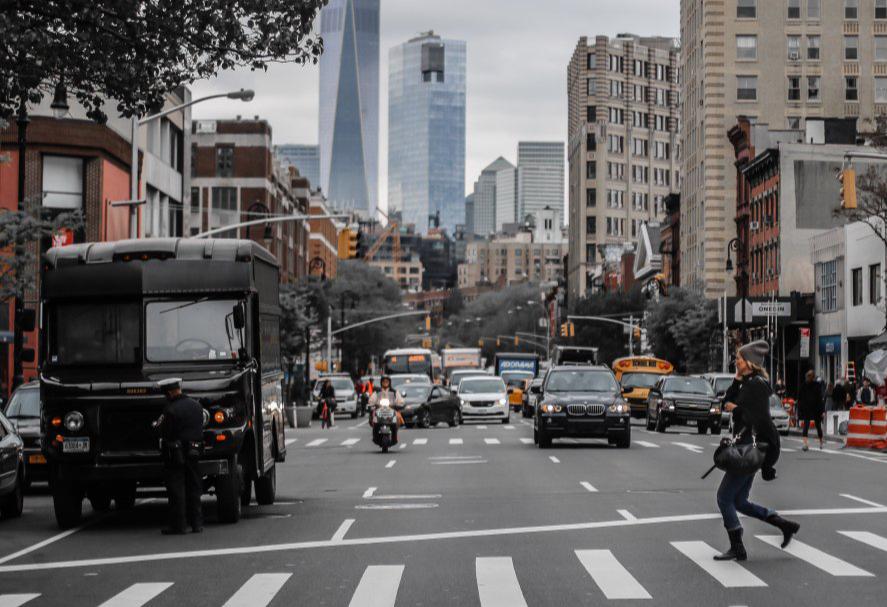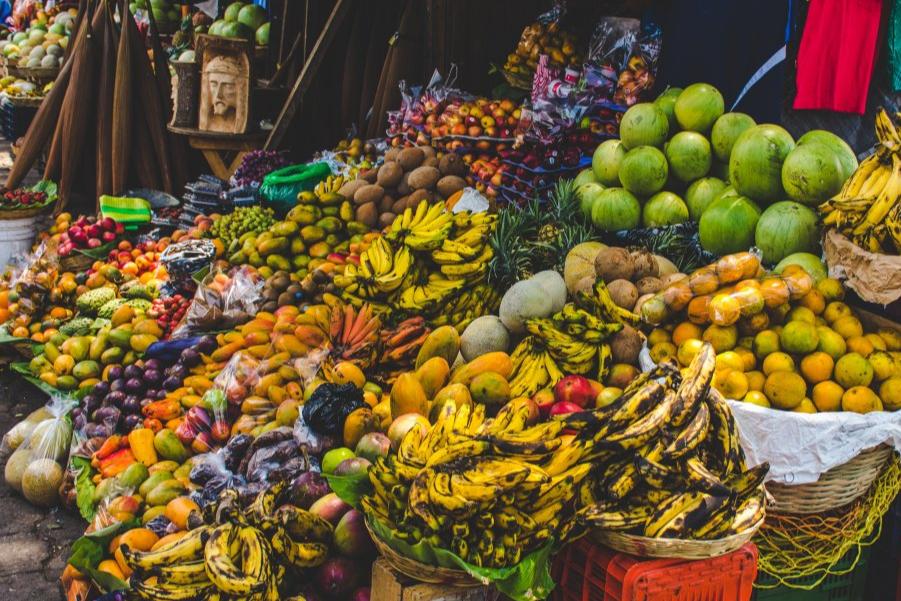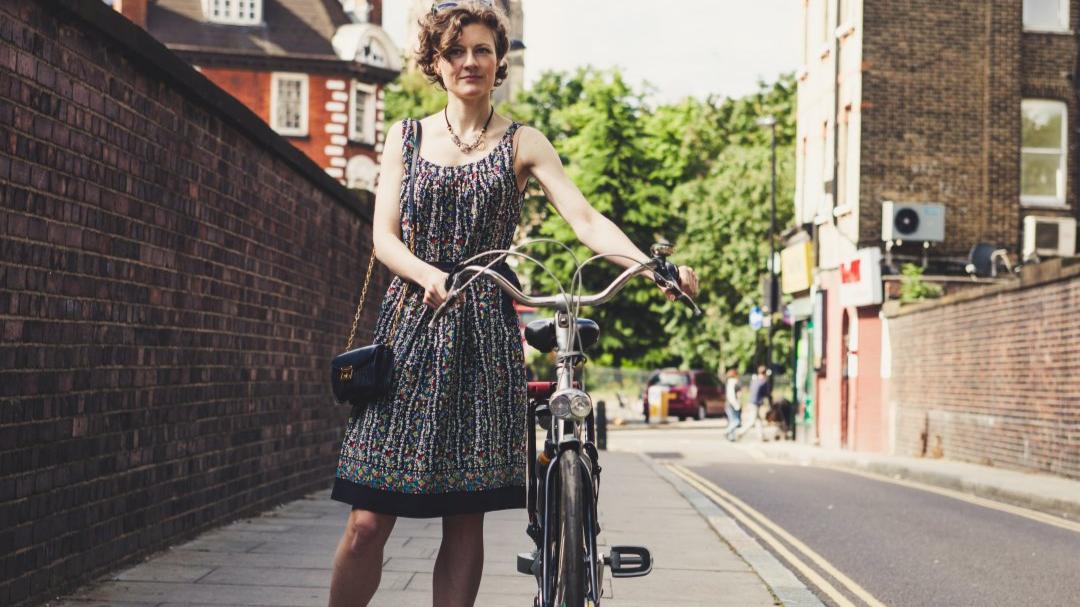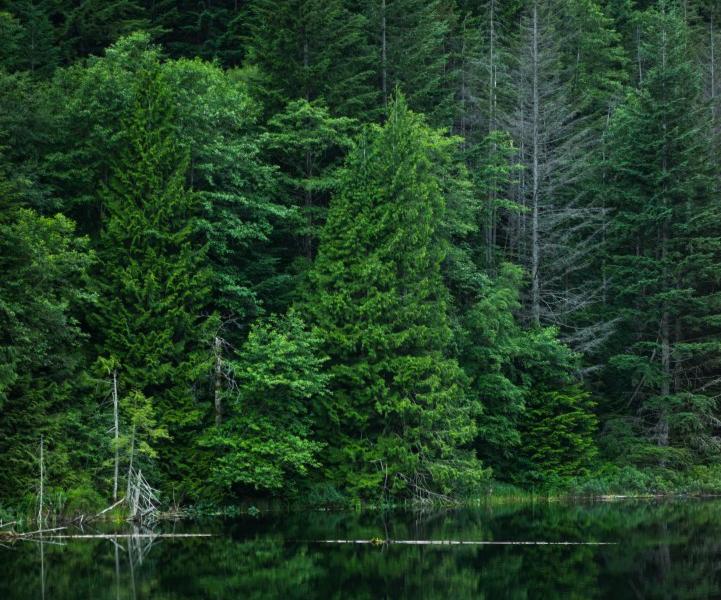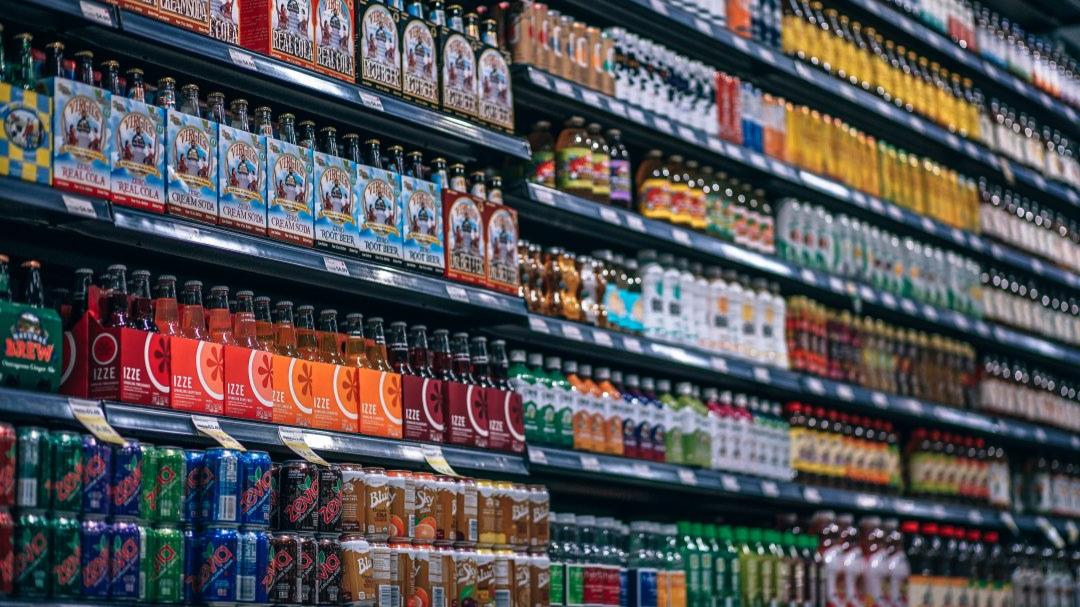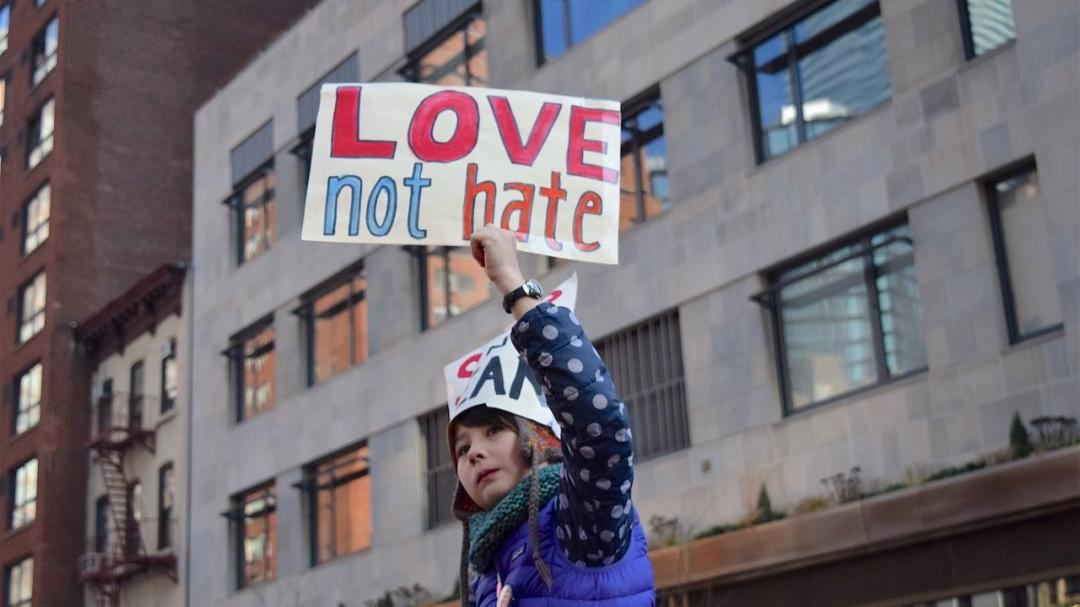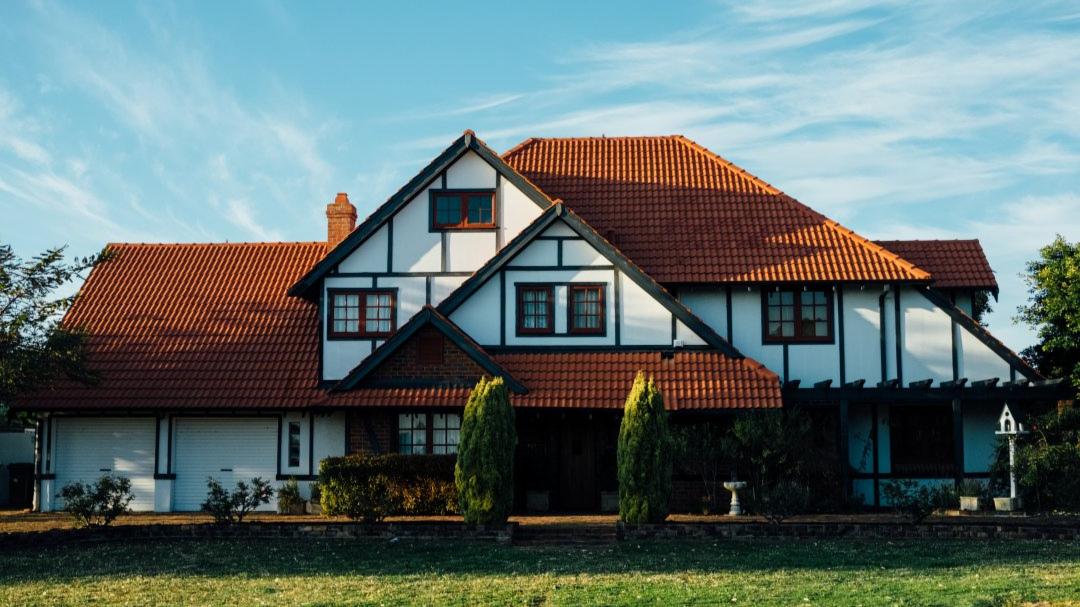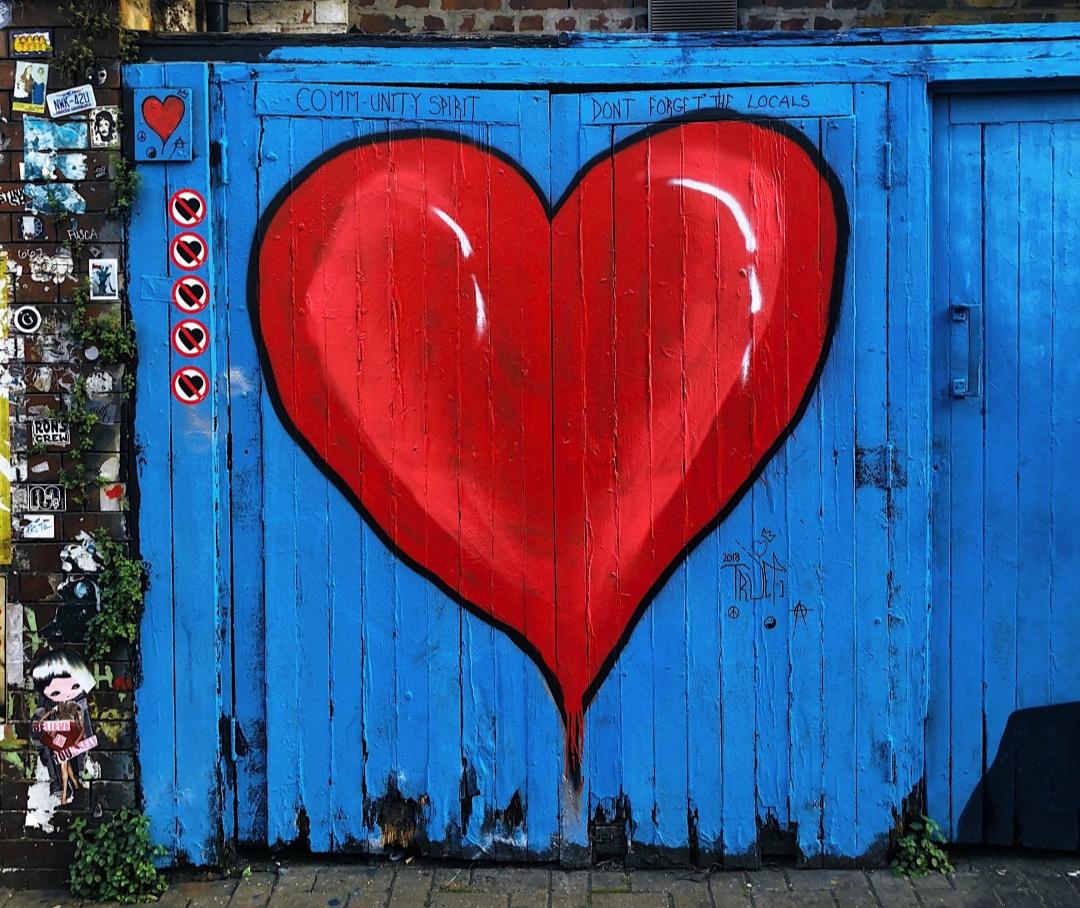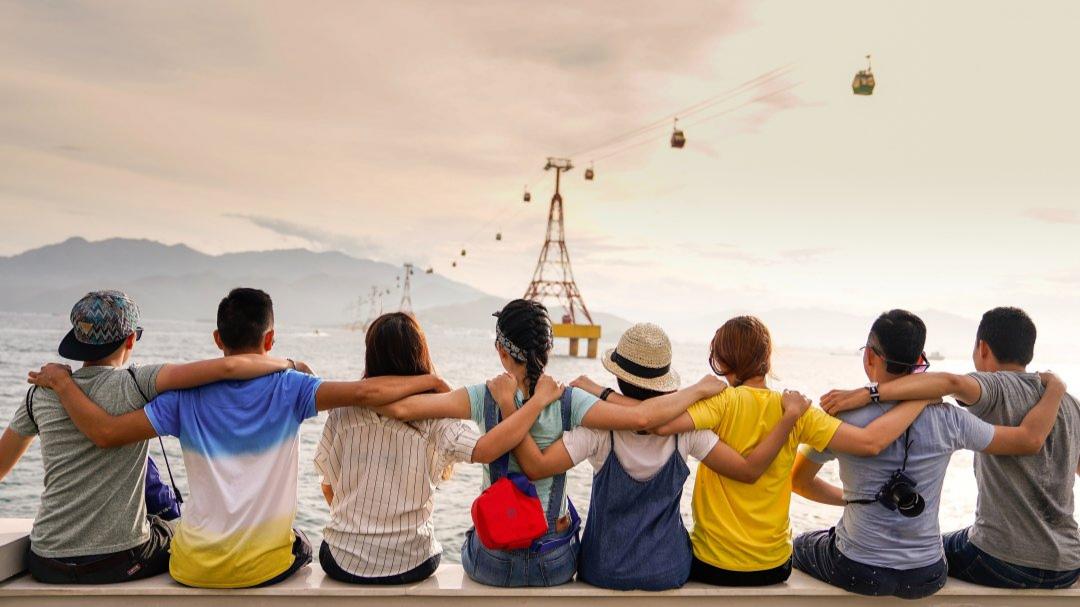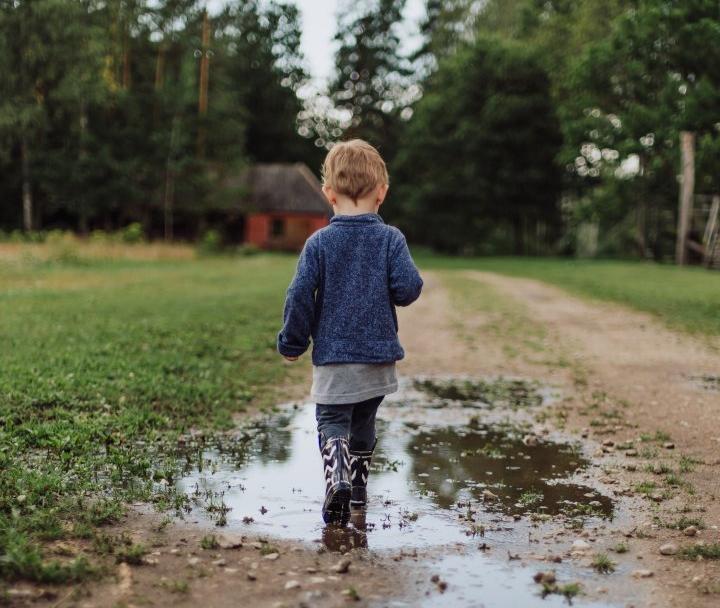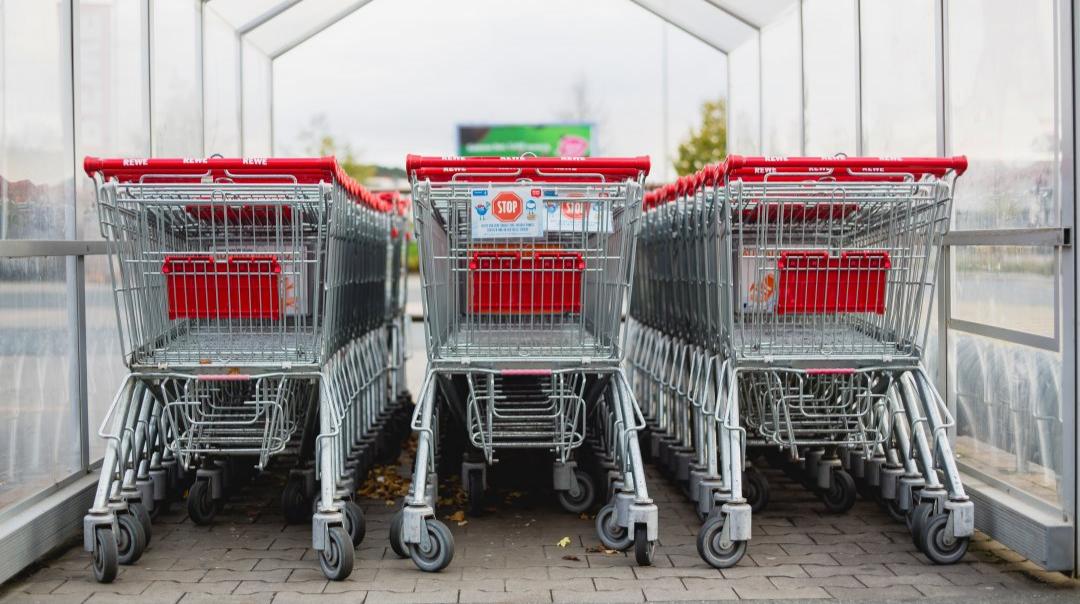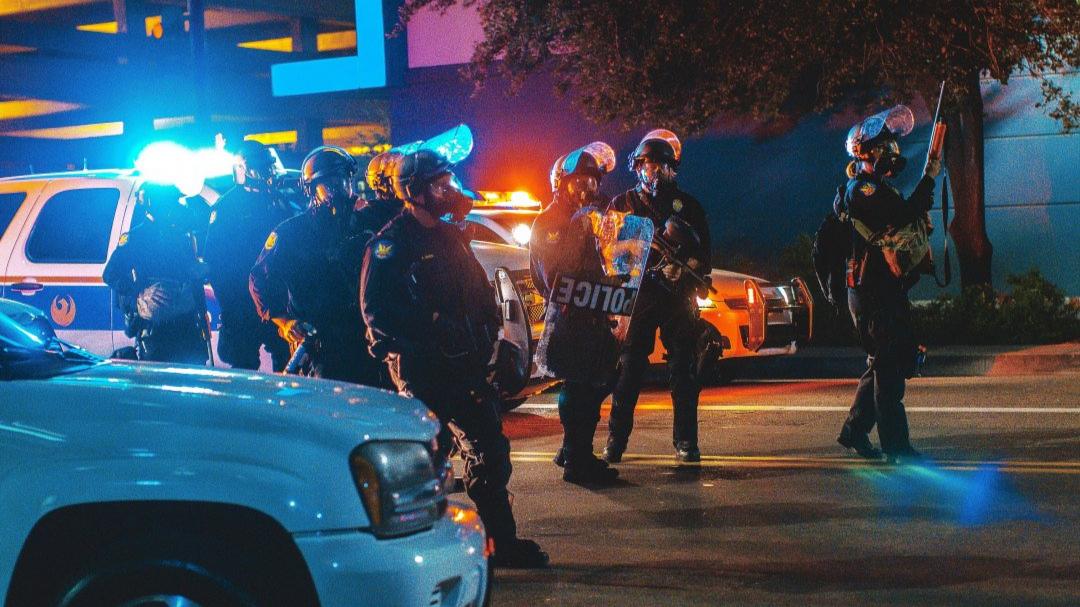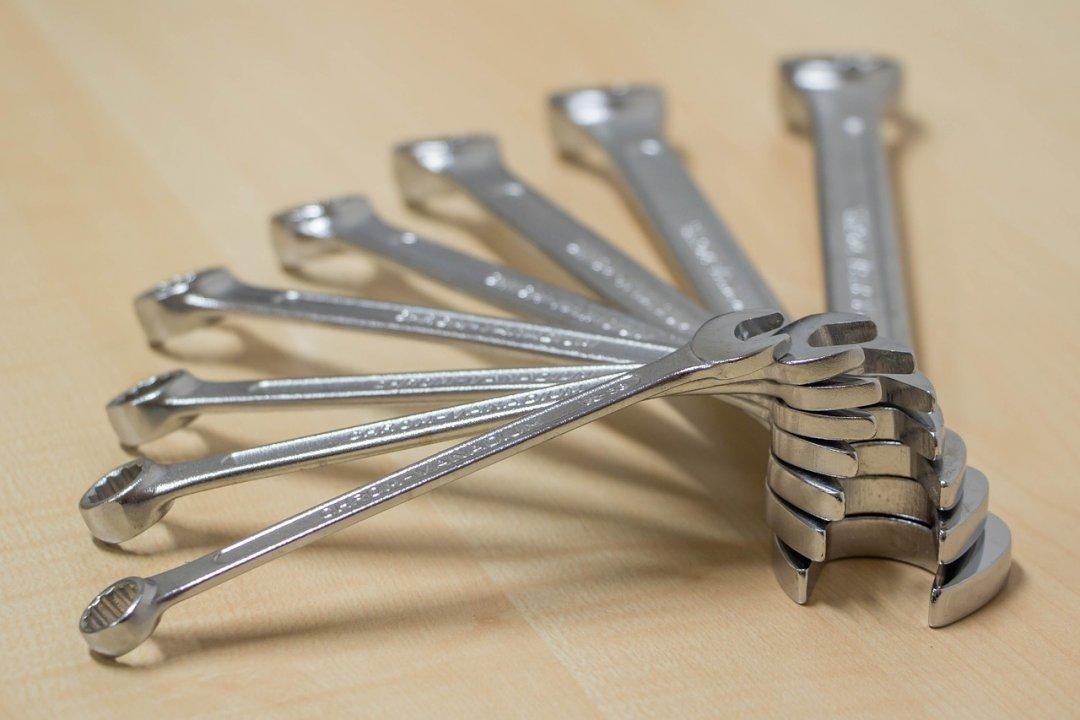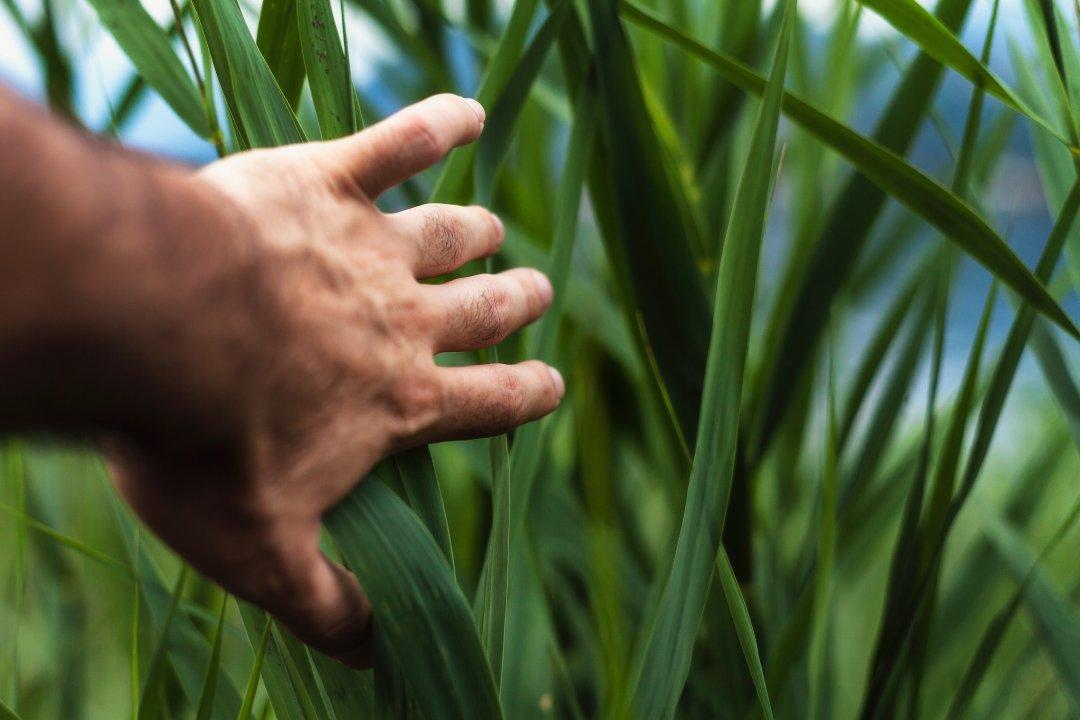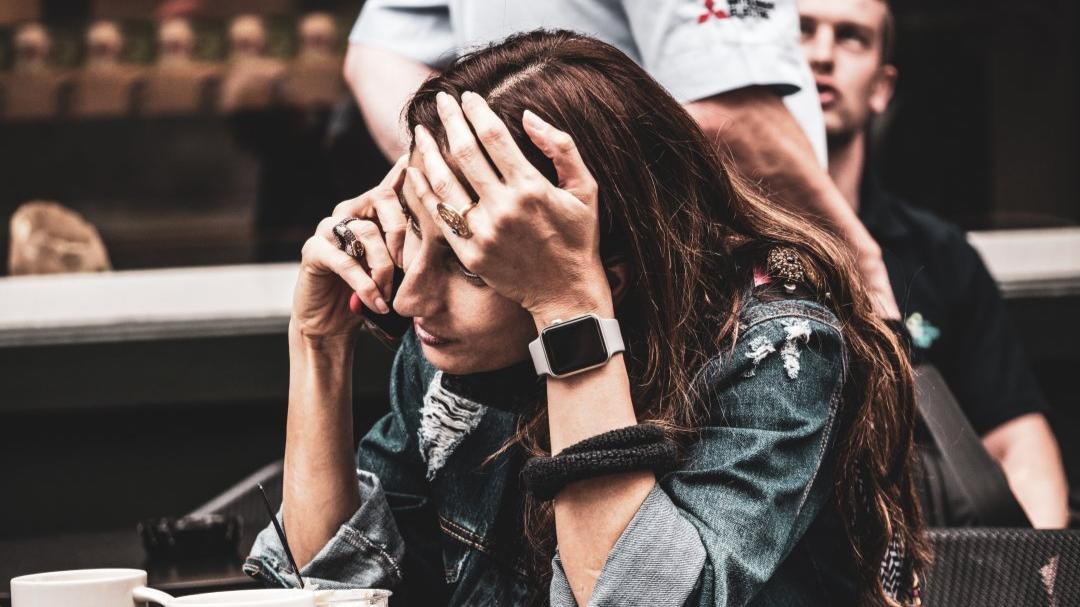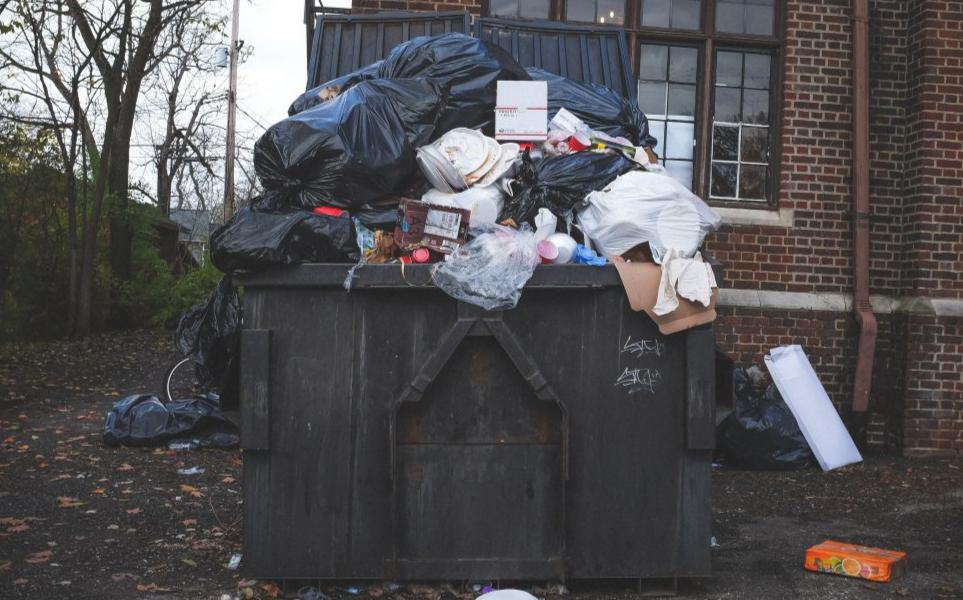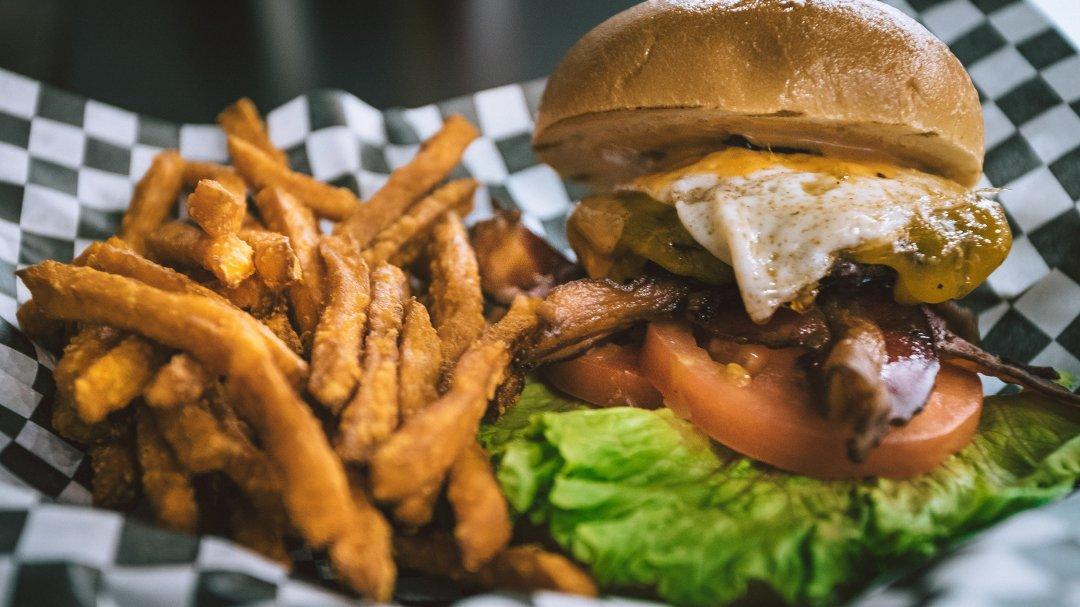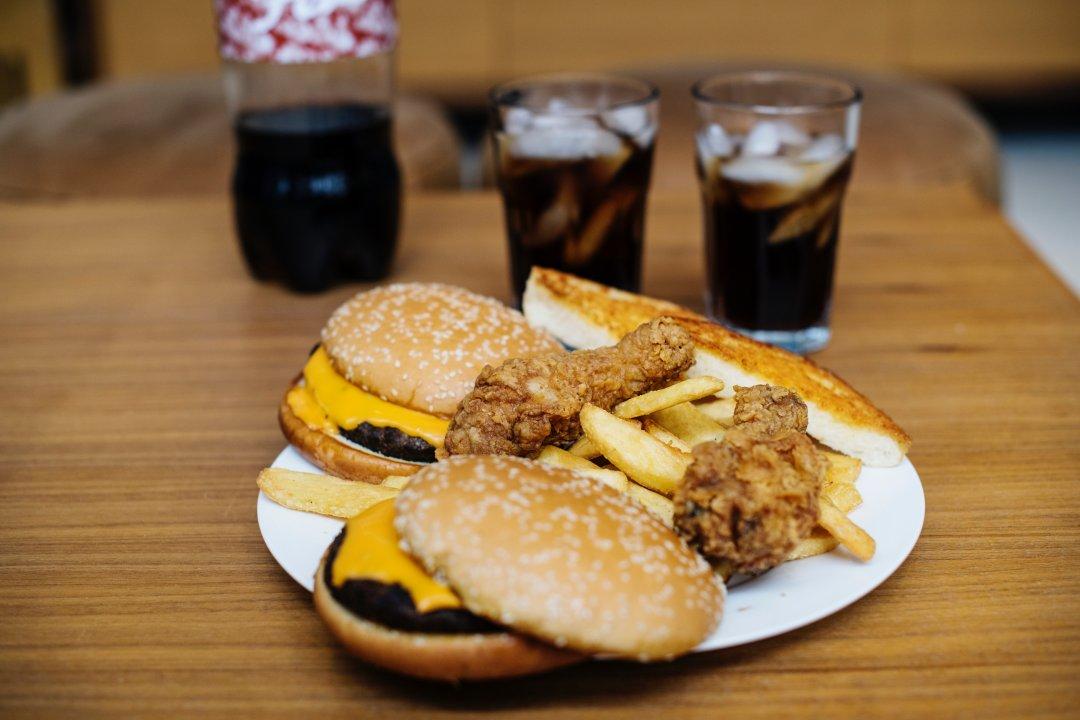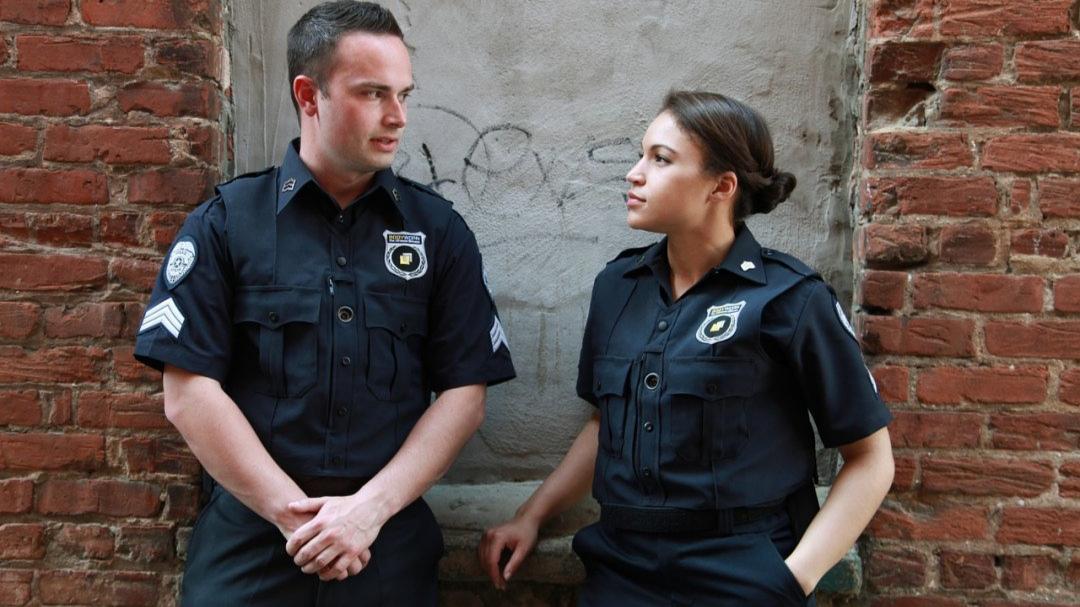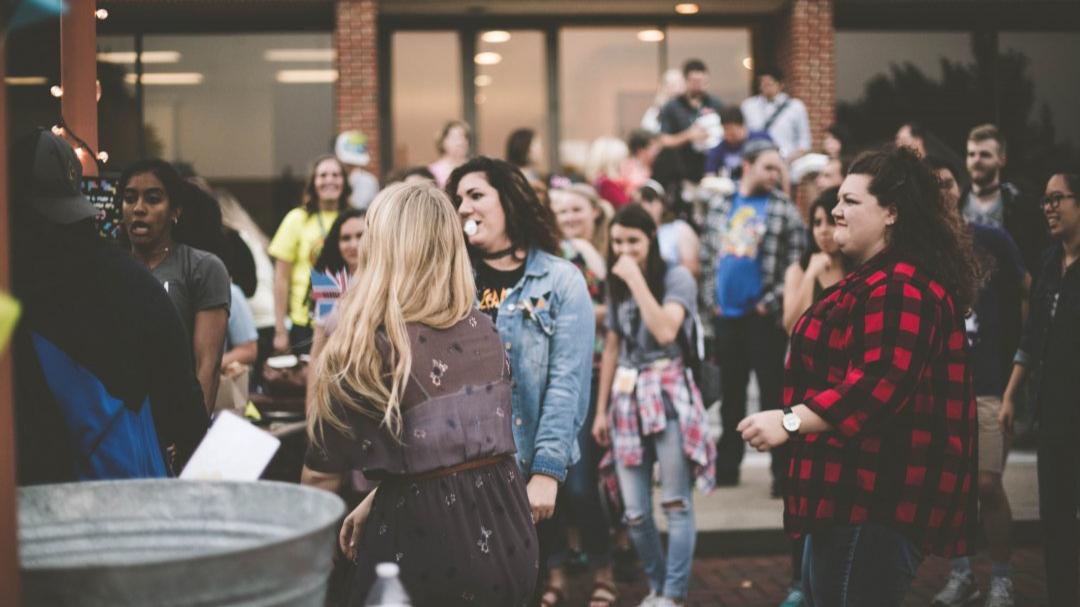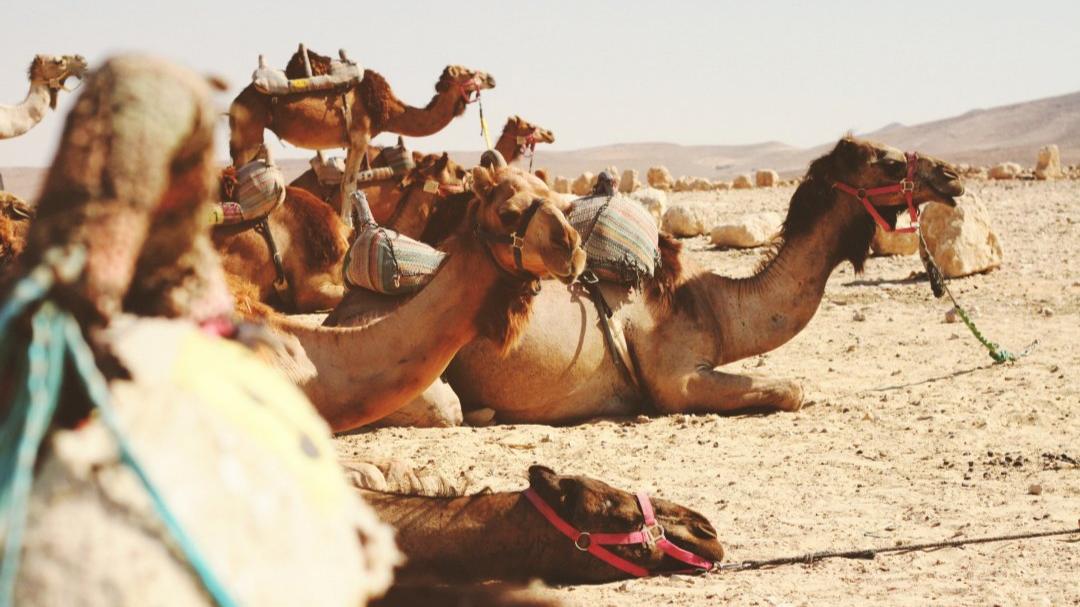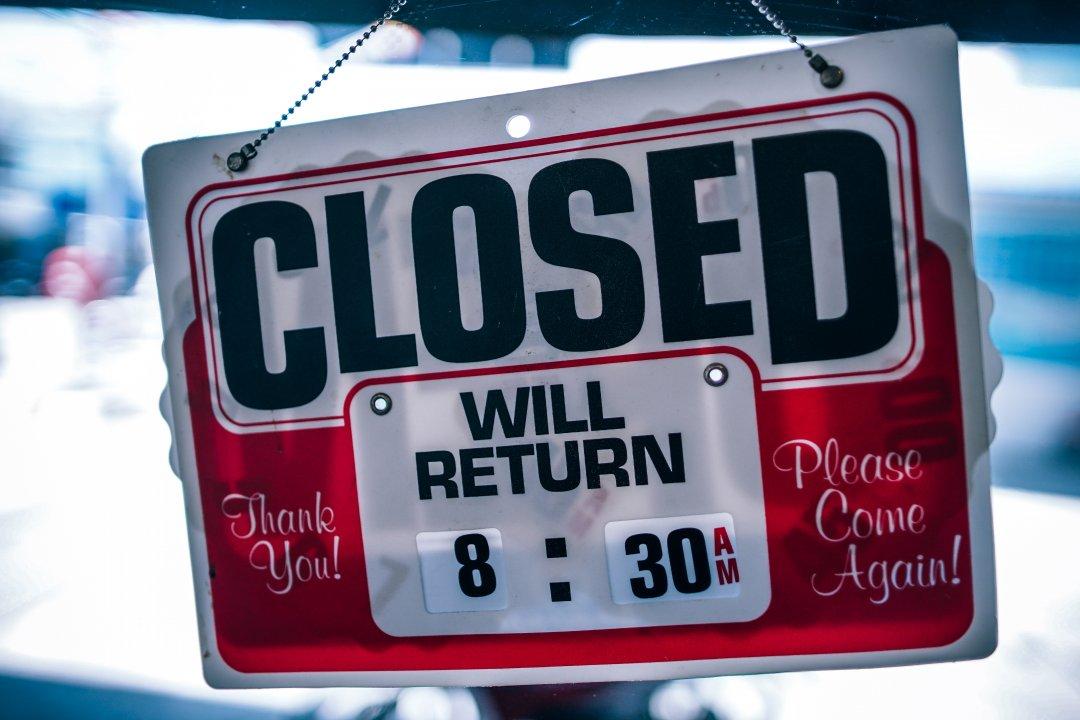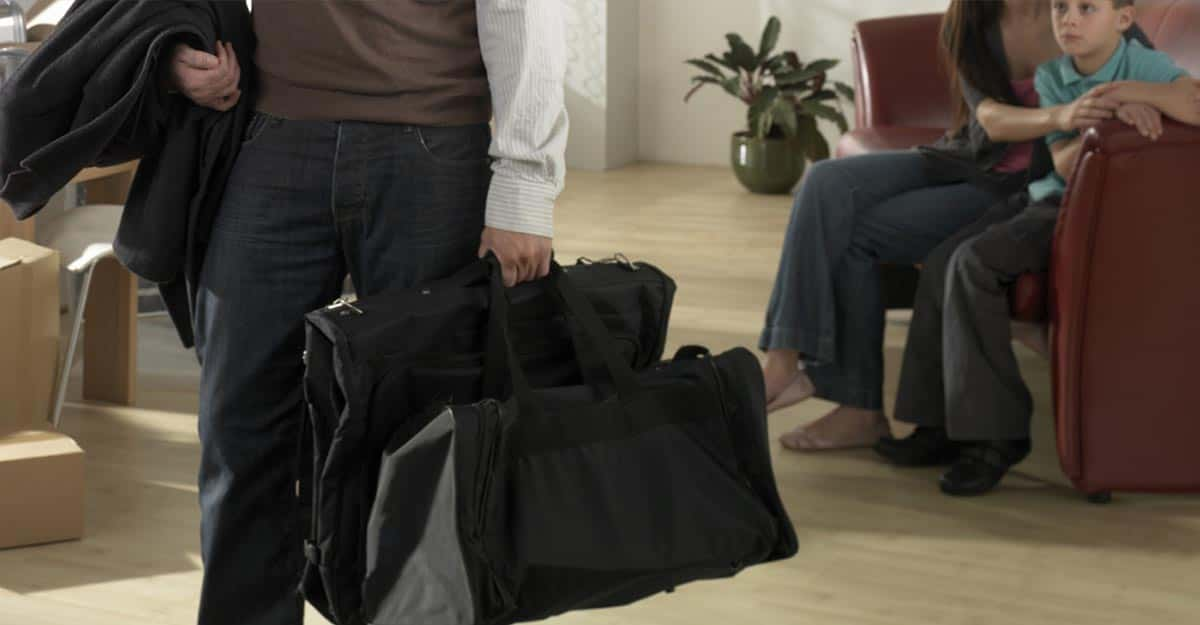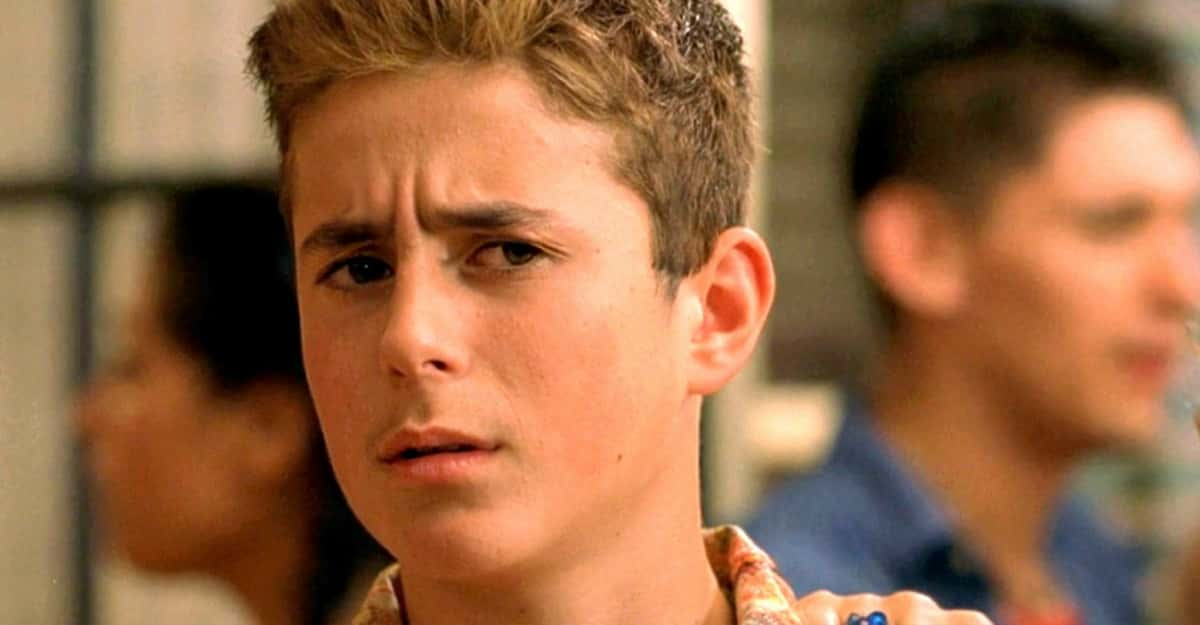Modern living can be quite the ride! When experiencing a first world life for the first time, there are certainly positive things about it but others leave more to be desired. For those who grew up living in a third world country, the bizarre aspects of first world life today have caught them more than just a bit off guard.
 Photo by Japheth Mast on Unsplash
Photo by Japheth Mast on Unsplash
35. Pedestrians Aren't Targets And Actually Have Walking Privileges
When I came to Canada, it terrified me that people were so nice, especially when it came to traffic. The first few times it happened I didn't know what was going on. I'd be standing in the little gap between traffic signal and pavement looking at this car that starts slowing down 20 METERS IN ADVANCE!! While I watch it expecting it to go past so I can cross the road except it STOPS! And then the driver makes a little hand motion thingy and I'm standing there thinking do you want me to go? Do you want to go first? What is this? Is this protocol? Is this what is done here? You wait for me? I as a pedestrian have rights?
Spent the first year or so just freezing like deer in headlights every time I had to cross a road because a lifetime of playing traffic Frogger in Karachi did NOT leave me with the impression that drivers knew what the brake was for.
34. It's Surreal That Airplanes Aren't Too Heavy To Fly And That Water Flows From Taps
For the first few years of my life I lived in a rainforest in a little leaf hut with my grandmother. No electricity, no running water, no cars. It was literally a rainforest and I had no idea what the outside world was like. My father who lived in Australia (he was deported from my country because my family didn't like him) then decided that at 7 I would have to come to Australia for my education.
The whole experience was surreal to me. I remember flying on the plane and had been so confused at how such a heavy thing could fly. Even the lights were amazing to me. Turning them on and off was like magic to my mind. When I landed in Australia my father asked me if I wanted a drink of water and my reply was, 'there doesn't seem to be a river anywhere nearby, so how are we going to get it?'. My dad then showed me a tap and my mind was blown. Where was the river where this water was coming from? The refrigerator also blew my mind.
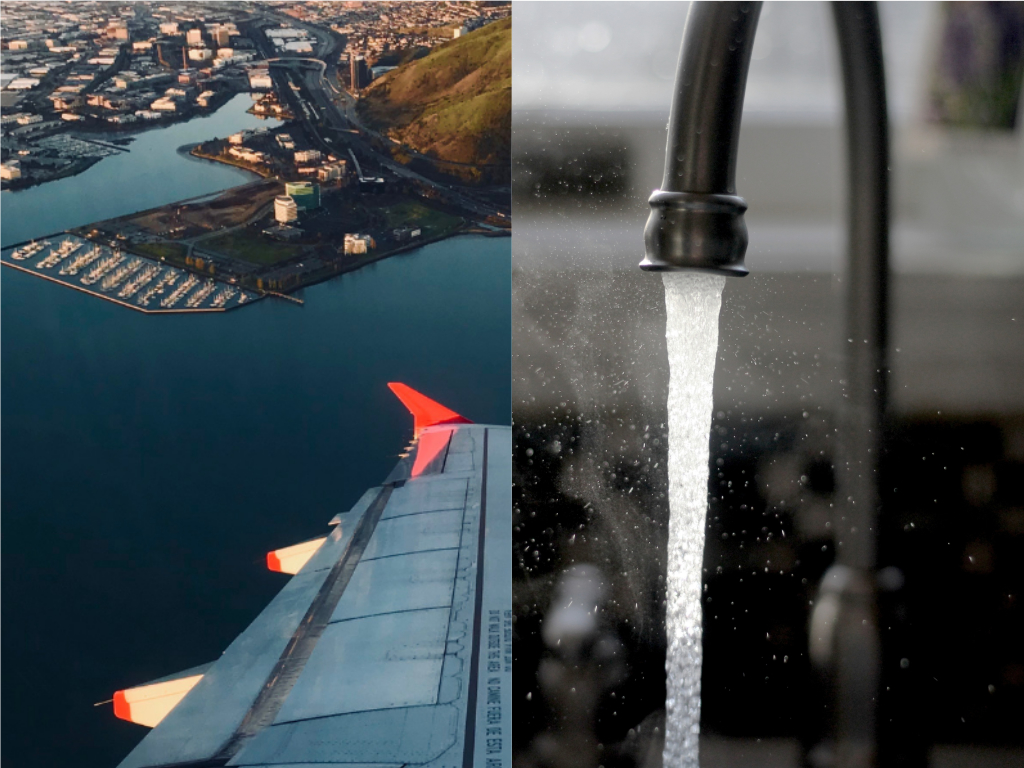 Unsplash
Unsplash
33. The Only Undescribably Sweet Fruit Is Far From The Concrete Jungle
In Zim and Uganda, the fruit and vegetables taste so much fresher, but it's more than that. I find that food in Canada is so overloaded with sugar that it's hard to taste the sweetness in the fruit. In Uganda especially, most food does not have extra sugar added, so fruit and candy are pretty much the only sources of sweetness. Another thing is the amount of time it takes to get 'fresh' fruit here in Canada. The fruit has to be transported from faraway places. In Uganda, it's like: Boom! Straight from the tree to the plate. It's hard to explain, but fruit in Africa tastes deliciously different from fruit here.
32. Kids Don't Seem To Have Much Of A Desire To Go Outside For Entertainment
I lived in Indonesia for 7 years of my childhood (ages 3-10), on the island of Sumatra. From a child's perspective, the biggest change was how rarely kids go outside in first world countries. When kids in Indonesia get bored, they go outside by default. I learned to play soccer with a ball that was pretty much rags, in flip-flops or bare feet, on concrete. It was all we did, play outside. When I got home from school, the first thing I would do was step outside, and there was always some neighbor friend who was already out there having fun.
Then we moved back to the US, and suddenly nobody was outside. The street at our first house in the States had just as many kids my age as my street in Indonesia did, more even. But if I went outside and rode a bike or kicked a ball around, I could be out there for hours without ever seeing another kid. Because in first world countries, we have so many passive, indoor activities that we can enjoy by ourselves or with only people we invite over, that there's no longer a need to go outside for entertainment. That took a lot of getting used to.
31. Kids Have A Tendency To Be Fascinated With Junk Food
I've been working with refugee children and one thing that seemed to make their heads spin was junk food. Someone has also mentioned the abundance of food, but these kids seem to be fascinated with the abundance of junk food - coming from a place where they couldn't be picky with a food they all of a sudden had some control over what went into their bodies and they only wanted junk all the time. Instilling the idea of meal times and healthy food choices into these kids can be tricky.
30. People Take Bottled Water For Granted Even Though It's So Freely Available
I left the USA at six and moved back at 18. Life was very different living in a small village in the Philippines. We collected rainwater off of our roof into barrels, iodined it, filtered it and then boiled to so that we could have clean drinking water. We had a solar panel on the roof that charged a truck battery during the day. It gave us enough electricity to run a fluorescent bulb at night.
The biggest surprise? All the bottled water. We have a miracle flowing out of our tap every time we turn the faucet. A miracle! And yet everyone complains and moans about the taste so they pay to have someone else's tap water in bottles. I don't get it. Water is precious and no one seems to care.
29. People Are More Relaxed About Having Valuables Out In Public
I was surprised about how relaxed people are about their things here. Back in the Philippines, I would always make sure to keep my bag clutched as close as possible, no taking my wallet or phone or any fancy electronics out in public - but here it seems most people just don't have that fear. You can wear nice earrings and no one is going to rip them from your ears (my younger cousin's earrings got stolen when they went shopping; they just pulled it right off and bolted). When I was in high school kids would just leave their bags outside classrooms and no one was worried. People put their wallets in their back pockets.
28. The Nostalgic Scent Of The Fresh Air When It Mingles With Pine
The clean air. My first memory, and one that will stay with me till my last breath perhaps, was breathing in clean crisp air with a hint of pine. New York in late August, one of those weird New England weather days. Years have passed since and my nose and lungs are pampered enough that they don't notice those subtle fragrances... Pine still remains my favorite scent and every once in a while, on a crisp day sometime in fall, I find myself trying to recreate that moment...
27. Grocery Stores Have An Endless Supply That Doesn't Run Out
I’m a citizen of the first world but grew up largely in the third world. I still marvel at the immensity of grocery stores and the mind-boggling fact that not only do they stock that much food, they do it every day, in great variety (to the extent that we have dietary controversies and subcultures - let that sink in), their stock is incredibly consistent (as opposed to depending completely on the good or bad harvest or factory production of a single region), and everyone can expect that this perfect level of supply will continue ad infinitum -- and they never even stop to conceptualize what I just explained.
26. Society Is Mostly Thoughtful And Respectful
I’m from Mexico and 4 years ago I had the opportunity to visit Japan and it totally blew my mind. Everyone is so respectful of your space, your time, and your health. One of the things that stuck with me was when we arrived at the building where we stayed during our trip, next to the elevator there were a pair of earrings, glued to the wall with tape, it was so weird that I had to ask, and they explained to me that someone lost them and the person who found them put them there so the owner could take them. Coming from a country with very high levels of violence and crime, I couldn't believe it.
I love Mexico but I think we can learn a thing or two about Japanese society.
25. It's Fairly Common To Live In A Single Family Home
Coming from post-USSR-collapse Russia, how so many people live in houses, I was like: "what? where are the 18 story apartment projects people are supposed to live in!? Does everyone get a house!? WE get a house!? OMG we're rich guys, we're rich!!!!!!" Turns out buying a house is typically cheaper than renting an apartment in LA.
24. The True Value Of Life
I see a lot of comments about food wastage and everything being big, but the first thing I noticed when I came to the US was the value given to human life.
I am from India. So, it wasn't like I was in a war zone or anything but I saw vehicles on either side stop for the school bus. I saw signs in residential areas that alerted drivers to deaf or blind children that may be living nearby.
It still brings me to tears. I had not planned to immigrate permanently to the US at that point. These were the turning points I think.
23. Many Folks Out And About Are Nonjudgemental And Kind
How people are so open-minded and kind. To be honest here few people actually care about your religious affiliation or your romantic preferences. As well, I thought that people out in public were going to be mean to strangers, but I've had great experiences talking to people out in the open.
22. The Lack Of Respect That Many Children Have For Their Parents
My father is from Laos. He says he was most surprised by the way American children treat their parents. In Laos, the children are extremely respectful to their parents, and even when they have moved out of the house, will continue to contribute to their parents well being. He said any Laotion parent would be humiliated to be treated the way Americans treat their parents.
21. Pets Are Friends, Not Guards
I'm from the Philippines now living in Australia. One thing that I remember really surprised me was how friendly pet dogs are here in Australia compared to the Philippines. In the Philippines, pet dogs are traditionally kept as guard dog a to keep your house safe from outsiders. When you go to a friends house for the first time you have to expect their dogs to bark at you.
20. Televisions And The Commercials They Show
I have a friend who grew up in Guatemala and now lives in the US. She grew up without a tv, so when she came to the States she was just in complete awe. But she said she noticed the more she watched tv, the more she felt like she needed things. Kind of interesting if you really think about it.
19. People Aren't Afraid To Use Bolder Personalities When Speaking With Authority Figures
I spent a good portion of my life in third world countries and the one thing I always find striking about the US is how bold people are when talking to the police. A lot of people complain about police brutality here (justifiably, of course), but I can tell you that in the third world it is much, much worse. If I ever dreamed of filming an officer, demanding my rights as a citizen and pulling that "Am I being detained?" schtick, I would have been in much worse state than most people here can be. I was constantly harassed, shaken down for bribes and insulted by the police at every corner when I lived in the third world and people there are all pretty complacent about it.
18. The Growing Mentality People Have To Repair Instead Of Replace
In the 3rd world, we will always hire an expert for every single thing e.g. to fix a chair, to renovate a house, to fix a simple car problem. Although it helps drive the economy, the result of this is that 3rd world countries have very very few hobbyists. Sometimes I'm surprised by how some people out there would just renovate their entire house or tune up their car from their garage. It would seem practical for us to save money by doing some things on our own.
17. The Widespread Availability Of Schools Yet The Noticeable Lack Of Educated People
How ignorant people can be, despite having access to excellent public schools, and more money than most people in the world. It still shocks me when people don't know what continent my country is in (Latin America), or when they don't realize there's a whole world beyond the nice resorts they've stayed at.
I moved here (Canada) at the age of 12, and I thought I would be surrounded by a homogenously well-educated population, given the resources available. By 13 I had made it my goal to make the absolute most of every educational opportunity people here take for granted. I felt (and still feel) that it is a responsibility to do that, not just a right. After all, the majority of the world would die for an education like the one available (for free) here, so it is a duty to use it to try to fix the world at least a tiny bit.
16. The Grass Isn't Always Greener
The fact that there is no utopia. I didn't expect these many uneducated people. I didn't expect council houses to be so awful. I didn't think I'd ever get on a train so filthy I'd be cautious before I sat down. I didn't think there would be people who speak worse English than me considering this is the UK. It's crazy. You have the notion that the grass is so green in first world countries that anyone here is definitely privileged but it's not like that. A big shock when I realized that.
15. First World Countries Have More Than Enough Choices When Shopping In Stores
My neighbors adopted two boys from Russia when you could still do that. I was often the one to babysit them, and one day they needed school supplies so I told them we would go to a small store and get some. They were amazed at all the different types of pens you could get, let alone all the other stuff in the store. They said the part of Russia they were from, you really only had one choice for anything you buy, including clothes and food. They were so ecstatic to be able to buy bookbags that were different from each other.
14. There Is A Clear Frustration With Society That First World People Still Have
How angry and stressed and unhappy people seem all the time. And alone. My co-worker had another driver beep at him on the way to work and it was a topic of conversation for the entire day because it made him that upset. What in the world? Another person posted something about how talking to people on the subway ride to work is against commuter etiquette or something where he lives. (somewhere in the UK?). In America most of my friends do not even know their neighbors names. What is wrong with everyone? I've been here twenty years almost and it is still bewildering.
13. First World Countries Are Known To Have Wasteful Habits With Extra Food
I used to work at a dining hall at a university. They would throw away CARTS full of literally untouched food because it had been sitting under the heat lamps too long. There was a soup kitchen 3 miles up the street that helped out all the homeless in the area. (big city, lot of poverty mind you) it always made me angry. I wanted to talk to the managers and the people at the kitchen and set up a way to have unused food delivered over, but it never happened. sigh makes me sad thinking about it.
12. Everything Is Extra Large
Everything is huge. Roads, houses, sidewalks, buildings, even your serving sizes at fast food chains. Our family had to split between two regular cup of sodas because it's HUGE. We almost had to share everything we ate when we came to the US.
11. Schools Fortunately Have Supplies And Are Accessible
I'm from the Philippines...one thing that really shocked me was public schools, I can't believe how easy it was to go to school in the US compared back home. Books were brand new almost every year, school food is miles better than what they used to serve back in the cafeteria in the Phils...and also the books and teachers! Everyone is really focused on you learning because there's only 30-40 kids per class..whereas in my old school in Phil, we had about 50-60 per class.
10. Practically Everyone In The First World Has And Depends On A Car
I had a friend once tell me that when he got to America, the first thing he did was take a bus trip from coast to coast. He didn't really want to stop anywhere, he just wanted to see everything. His logic was, in every American movie he saw, everyone had a car. For him, this was glorified romantic storytale. There was no way everyone in American had a car.
Lo and behold, everyone in America had a car.
9. The Cost of Making First World Food Cheap
One unexpected thing I discovered: Cheap food is actually worse for you in the USA than in most 3rd world countries.
I found out that this was due the transportation and processing costs associated with mass production. When you buy a cheap piece of chicken in a 3rd world country, the cost covers the farm it came from and the one guy who made it. In the USA, you are paying for a multitude of middlemen and chemicals.
8. Those Who Are Different Often Get The Impression That They Are Hated
Hate. Hate surprised me coming back to Australia. In the Solomon Islands, everyone wanted to be your best friend because you were different. Here in the first world, it's the opposite. People who are different (skin colour, personality, opinion - sometimes even just the clothes you wear) mean you must be shunned.
7. There Is An Inflexibility Of Rules In The First World
I did not live in the third world, but I tutored a lot of students who did. I asked them this same question in a group session, and they said, almost in unison, 'the rules.' They explained that the U.S. has so many rules, especially on the roads, and they were surprised when they couldn't at least talk their way out of a ticket (he'd been going 85 in a 35, and he really thought the cop wouldn't care.)
6. It Was Hard To Get Over The Lack Of Fresh Tasting Food In The First World
My dad was born in a small village in Thailand. He came to America when he was 6, and he said the big thing was food. Everything was so bland, the only thing he could eat for a while was peanuts and ketchup (he called them beans on the plane). Nothing else tasted good.
He also thought the streets in America were literally paved in gold.
5. Nobody Was Interested In Hearing Foreign Stories
I came here under the impression people would be intrigued by my upbringing and ask questions and I would be the cool kids with cool stories. Plot twist, I ended up being "foreign kid from a place that I don't think exists" and everyone seemed terrified of me. I was told people were nice and it took me 3 years to discover any of the nice ones who actually wanted to hear my story.
4. There Is Less Bureaucracy And Time For Tedius Processes In The First World
Less bureaucracy. Back in Brazil, you need to fill 4 forms and get in at least 8 lines for anything, and God forbid you use the wrong color pen. Here in the US, even the DMV is orders of magnitude more efficient (yeah, I know, crazy talk) compared to the Brazilian counterpart. And being able to carry a weapon without being a criminal or a cop. Gotta love the 2nd amendment...
3. People Living In The First World Don't Know What Heat Really Is
People living in the 1st world still complain how hot their summer is. I grew up in the Philippines, a 3rd world country lying in the tropics that has one of the highest electricity rates in Asia-Pacific, We only have dry and wet seasons here and it's sunny all year round (temp ranging from 30 to 36 °C) Most people here can't afford air conditioning and we spend Christmas without snow. I'm surprised that people who live outside the tropics still complain how hot their summer is (which is only temporary). We have summer all year round. Be grateful that you have Spring, Autumn, and Winter in the coming months.
2. For The Most Part, People In The First World Are More Liberal And Open-Minded
You seem so open-minded and liberal about certain things like religion and intimacy. I could never imagine my country giving that much affection for cats, dogs etc.), homosexuality, bisexuality, trans etc. and atheism. You keep your cats and dogs inside the house. It would never happen here.
In New York, how services are not available when you need them. Doctors and Banks are really only available from 9 to 5 when you are at work. Barbershops close at 6 pm. In India, in mumbai, I could walk-in to a doctor at 10pm.


